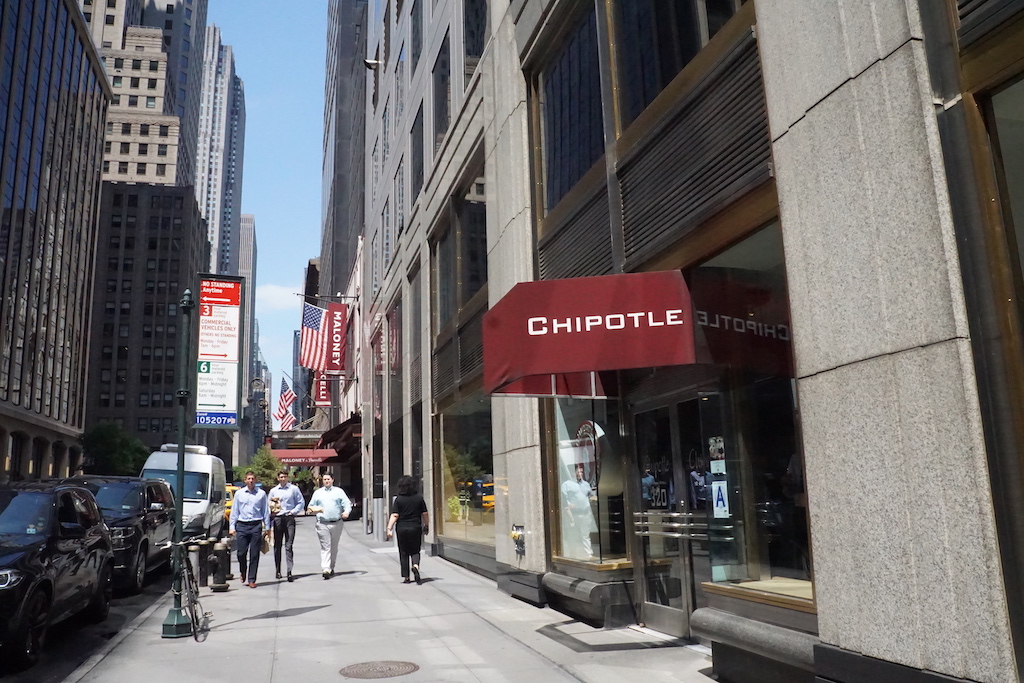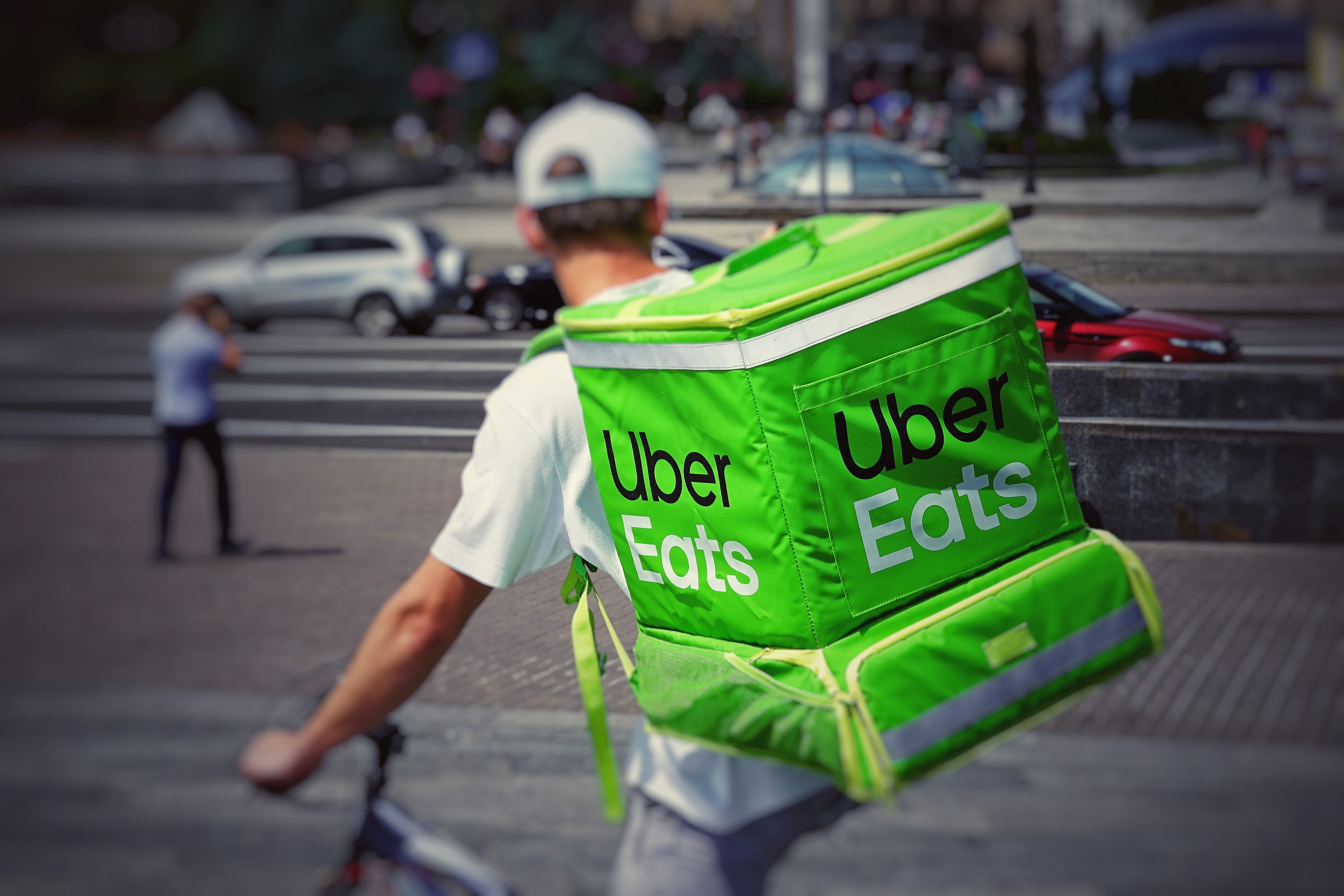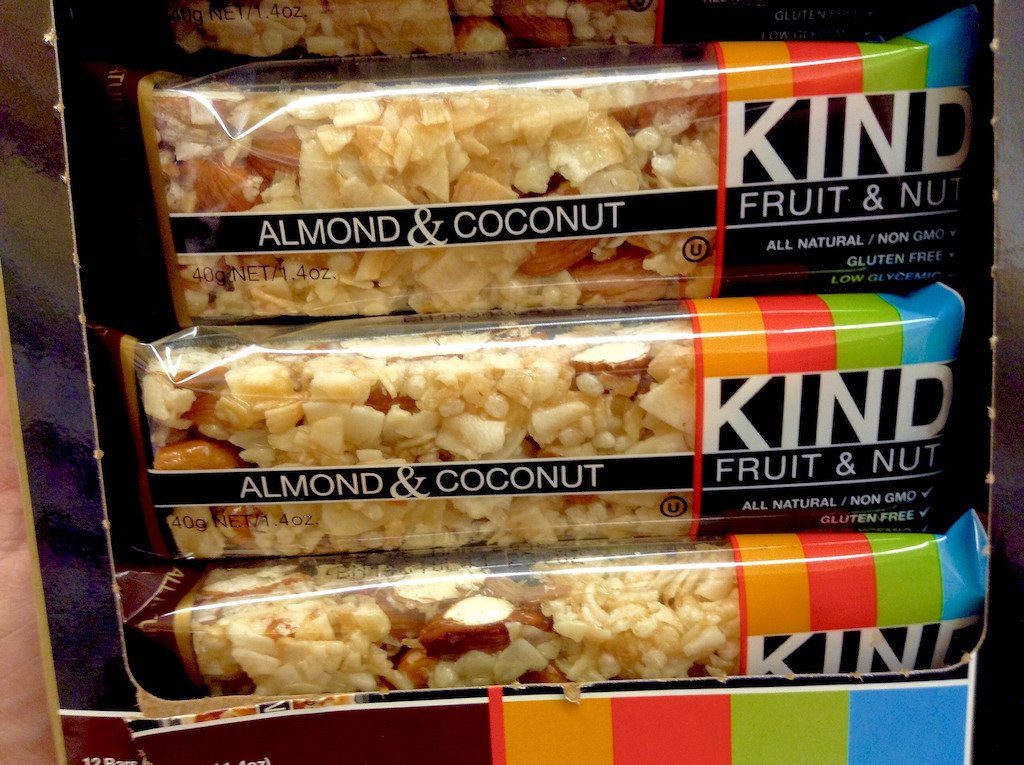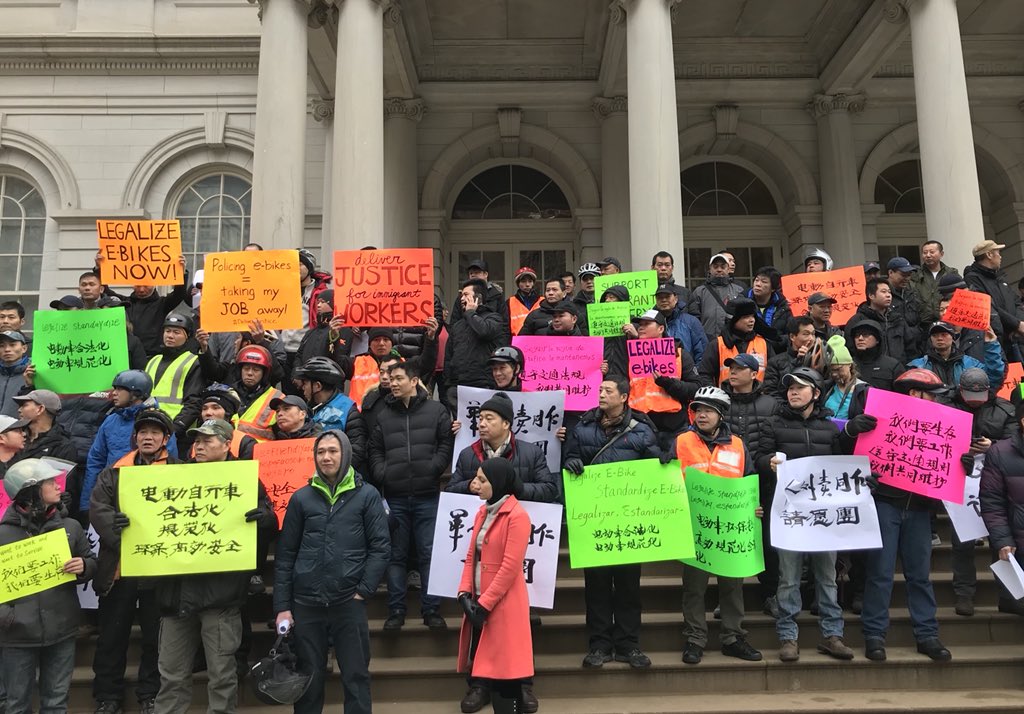
Jessica Fu
Two years ago, New York City implemented set of Fair Workweek laws that were supposed to guarantee basic protections for employees in the city’s fast food industry. But it appears some chain restaurants have been flagrantly ignoring the new rules: This week, Mayor Bill de Blasio’s administration filed a million-dollar lawsuit against Chipotle for a laundry list of Fair Workweek violations.
According to a lawsuit filed in the city’s Office of Administrative Trials and Hearings, Chipotle locations in Brooklyn allegedly ignored the core tenets of the Fair Workweek laws repeatedly since they went into effect in 2017. The suit is the result of an investigation triggered by complaints from more than 30 Chipotle employees. The city is seeking at least $1 million in fines and restitution and has launched a separate investigation of 11 of Chipotle’s Manhattan locations as well.
According to the complaint, Chipotle repeatedly violated all of the above rules. It also violated the city’s sick leave law, capping employees’ sick time at 24 hours per year where the city mandates a minimum of 40.
A Chipotle spokesperson responded to The New Food Economy with the following statement: “With respect to the Fair Workweek Law, Chipotle has been working cooperatively with the city to ensure we have systems and processes in place to comply with the law, so we believe the filing of charges was unnecessary. Regardless, we will continue to cooperate with the city and we are addressing any prior noncompliance concerns.”
One of the Fair Workweek laws—the one about the 14-day scheduling notice—requires that employees be paid a premium of $10 to $75 for last-minute changes to their shifts. If an employee accepts a schedule change or additional hours without receiving extra compensation, the employer is required to obtain written consent. This seems to be a pressure point in the Chipotle complaints: Employees complained that managers forged their signatures in a so-called “Schedule Change Book,” and that they were asked to sign the book even when it contained erroneous or unclear information.
“Hopefully this [Chipotle lawsuit] will change the calculus of other employers,” she says, referencing chains who may be operating under the assumption that Fair Workweek enforcement will be sparse. “Chipotle is not a victim in this.”
In filing its complaint against Chipotle, city officials may also have been hoping that other fast casual claims who rely on their feel-good reputations will take note. Chipotle’s motto, after all, is “food with integrity.” It has more to lose from a ding to its image than, say, McDonald’s, which has been the target of many worker rights protests in recent years.
Chipotle shares were down 4 percent at the end of the day on Thursday.










